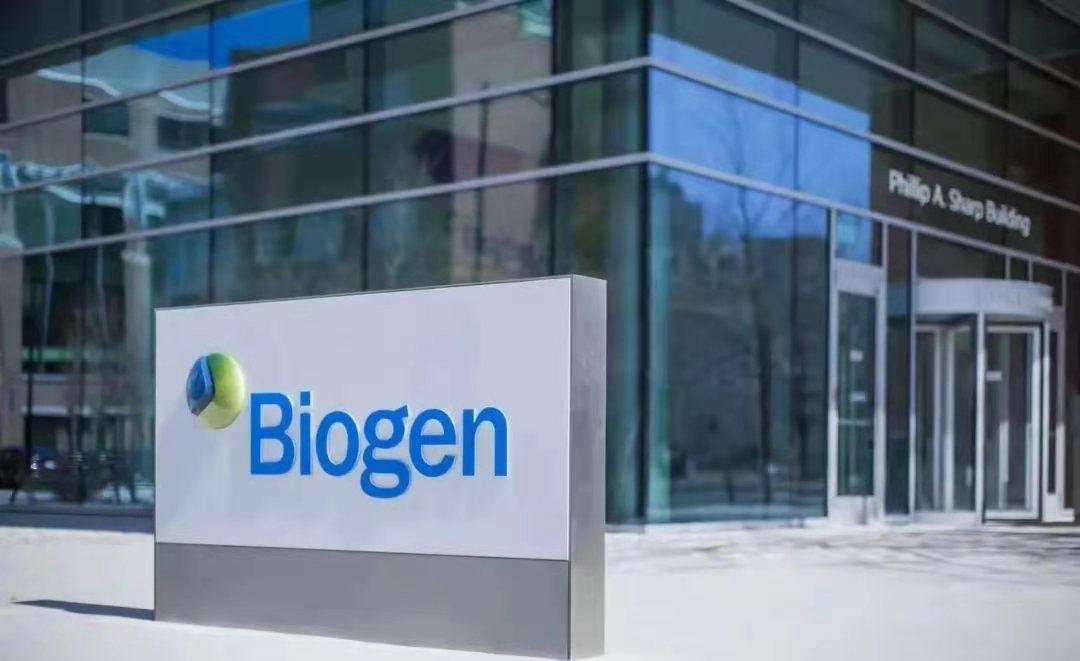Source: People's Daily health client
On April 16, Bojian Biotech released on the official WeChat public account that dimethyl fumarate enteric-coated capsules were approved by the State Drug Administration for the treatment of recurrent multiple sclerosis (ms). Dimethyl fumarate was first marketed in 2013, and to date, more than 500,000 patients with multiple sclerosis (ms) worldwide have been treated with dimethyl fumarate (1). Previously, in November 2020, dimethyl fumarate was included in the third batch of clinically urgently needed overseas new drugs by the Drug Evaluation Center of the State Drug Administration.

Multiple sclerosis is a lifelong, progressive autoimmune central nervous system disease, and only about 10% of patients diagnosed with multiple sclerosis in China are receiving disease modification therapy (2). Multiple sclerosis is the second leading cause of non-traumatic neurological disability in young adults (3). It is characterized by progressive limb disability due to central nervous system involvement and neurological dysfunction such as motor, vision, and cognition. The severity and specific symptoms of multiple sclerosis vary from person to person. Recurrent multiple sclerosis is the most common type of disease, with about 85% of patients being diagnosed with this type. In May 2018, multiple sclerosis was included in the "First Catalogue of Rare Diseases" jointly formulated by the National Health Commission and other five departments.
"Ms is a disease characterized by inflammatory demyelinating lesions of the central nervous system, and if not treated in a timely manner, most patients will be disabled by irreversible neurological defects. At present, multiple sclerosis is internationally treated with disease modification therapy (DMT) as the standard of treatment. Professor Wang Yongjun, president of Beijing Tiantan Hospital, deputy director of the National Clinical Research Center for Neurological Diseases, and chairman of the Neurology Branch of the Chinese Medical Association, said, "Ms pathological characteristics, clinical manifestations and course of the disease have strong heterogeneity, and individualized treatment is crucial." Clinical trial results and more than a decade of real-world evidence have amply validated the efficacy, safety and tolerability of dimethyl fumarate. The approval of dimethyl fumarate and its clinical application will bring new choices to patients and enrich the clinical treatment experience of MS in China, so that more MS patients can benefit. ”
"Being able to bring this mature treatment regimen to patients with recurrent multiple sclerosis in China is an important milestone for us." Yan Ruizhi, President of Bojian International Marketing, said, "We are committed to working with Chinese people concerned about multiple sclerosis to address unmet treatment needs, further expand the Chinese market, and bring more innovative treatment options to China. ”
In addition, in January 2021, the Drug Evaluation Center of the State Drug Administration accepted the new drug listing application of Bojian multiple sclerosis treatment drug aminopyridine extended-release tablets, and recently included the application in the priority review and approval procedure. Aminopyridine extended-release tablets are the second MS treatment drug submitted by Bojian in the Chinese market. Wang Nan sorted
Resources:
①combined post-marketing data based on prescriptions and clinical trials exposure to tecfidera as of june 30, 2020.
②chinese society of neurology, chinese medical association; china international exchange and promotive association for medical and healthcare (2018). china vs ms report (china ms patient status report).
③dimitrov l.g. and turner b. the british journal of general practice : the journal of the royal college of general practitioners volume 64 issue 629 pages 612-613 december 2014